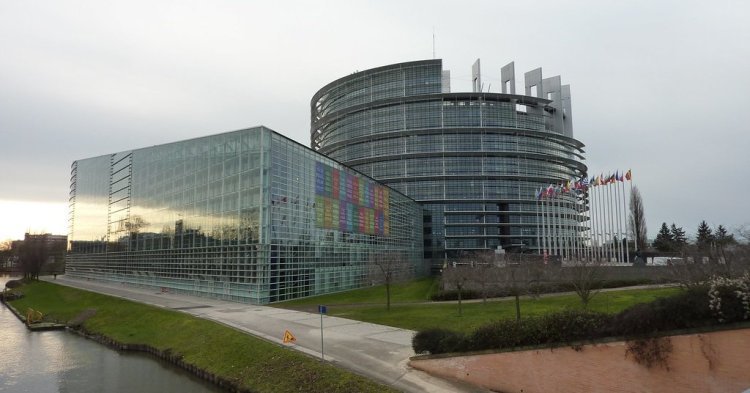Europe is an interesting research ground to look into political integration dynamics in countries whose cultures differ a lot. Despite a cultural essence shared by a large majority of European countries (Judeo-Christian culture, philosophical and cultural trends, democratic values and rule of law…), numerous tensions stand out, and can take various forms.
Two examples that speak volumes occurred at the end of 2020. Last September, the Association of European Journalists sent an open letter [1] to the European Commission and to the European Council in Brussels, denouncing the excessive majority use of English in the EU institutions, despite its 24 official languages. Last November, Poland and Hungary vetoed a European budget which included a number of measures to protect the rule of law - an attack against their “illiberal” model according to their governments.
These fears are intensified by the economic and cultural globalisation that favours flows of all kinds, but whose lack of international governance causes nationalist and reactionary downturns.
The solution? Federal Europe!
This might appear counterintuitive, but a national identity can be saved by other types of identity, whether regional or European. Some call it “inclusive identity”, the possibility for an individual to feel that they belong to several identities, without them being contradictory. Someone living in Strasbourg may feel as Alsatian as French and European.
Another example: in addition to its 24 official languages, the European Union includes numerous regional and minority languages. Some are widely spread across several countries, such as Catalan and its 10 million speakers distributed in four different countries. The European construction must guarantee the existence and fulfilment of this linguistic and cultural diversity. If the debate around a EU-wide common language is a legitimate one, the consequence would naturally be to reinforce multilingualism wherever it makes sense.
So why discuss European federalism? Contrary to some misconceptions, the federalist theory has other applications than just the institutions: building a European federal state is not the end of this very complex process. In the 20th century, Alexandre Marc, one of the most prominent French federalists, developed the theory of “integral federalism”: contrary to “Hamiltonian federalism”, which only applied to institutions, the “integral method” puts the emphasis on creating a federalist economy, history, society… in short, a genuine social project.
Though this way of thinking is not free from criticism, it has the merit of encouraging reflection about the link between cultural diversity and a federal Europe. As the ultimate goal of federalism is to preserve peace (from both a military and social viewpoint), applying a federalist interpretative framework to European multiculturalism would allow societies to be more tranquil.
Learning from others…
Another option to consider would simply be to… look beyond the European Union. In this respect, the example of India is striking: hundreds of languages and cultures coexist in the biggest democratic state in the world. The same can be found on the African continent, with Ethiopia and Nigeria (despite serious shortcomings in their central governments).
Thus the federal solution for a culturally rich EU seems to be a must. At least, it appears to be the only solution to reconcile the need for increased European integration and for preserving an identity widely shaped at the national level.
Notes [1] https://ajefrance.fr/?p=684



Follow the comments: |
|
